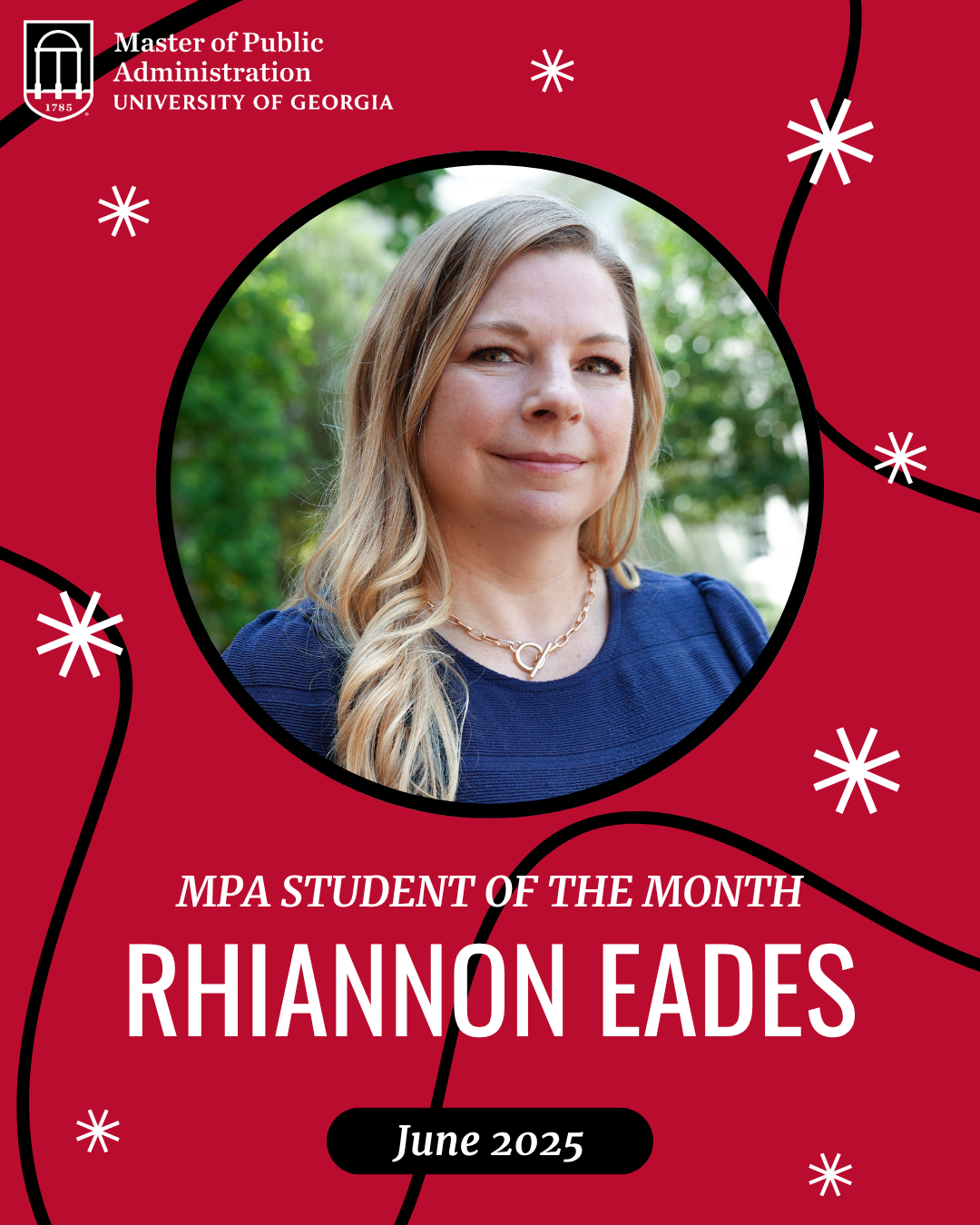Josiah Meigs Distinguished Teaching Professor
Professor of Political Science
Keith Dougherty specializes in the institutional design of American politics, both the implications of various political institutions and why they were created. His study of their implications includes determining the probability that voting rules, assembly sizes, and quorum requirements adhere to a normative criterion, or sets of criteria, when individual preferences are unknown — part of the field of social choice. His study of the creation of institutions includes exploring the framers’ motivation for adopting the U.S. Constitution. The results of his research have been published by Cambridge University Press, the American Political Science Review, the American Journal of Political Science, and the Journal of Politics, to name a few.









